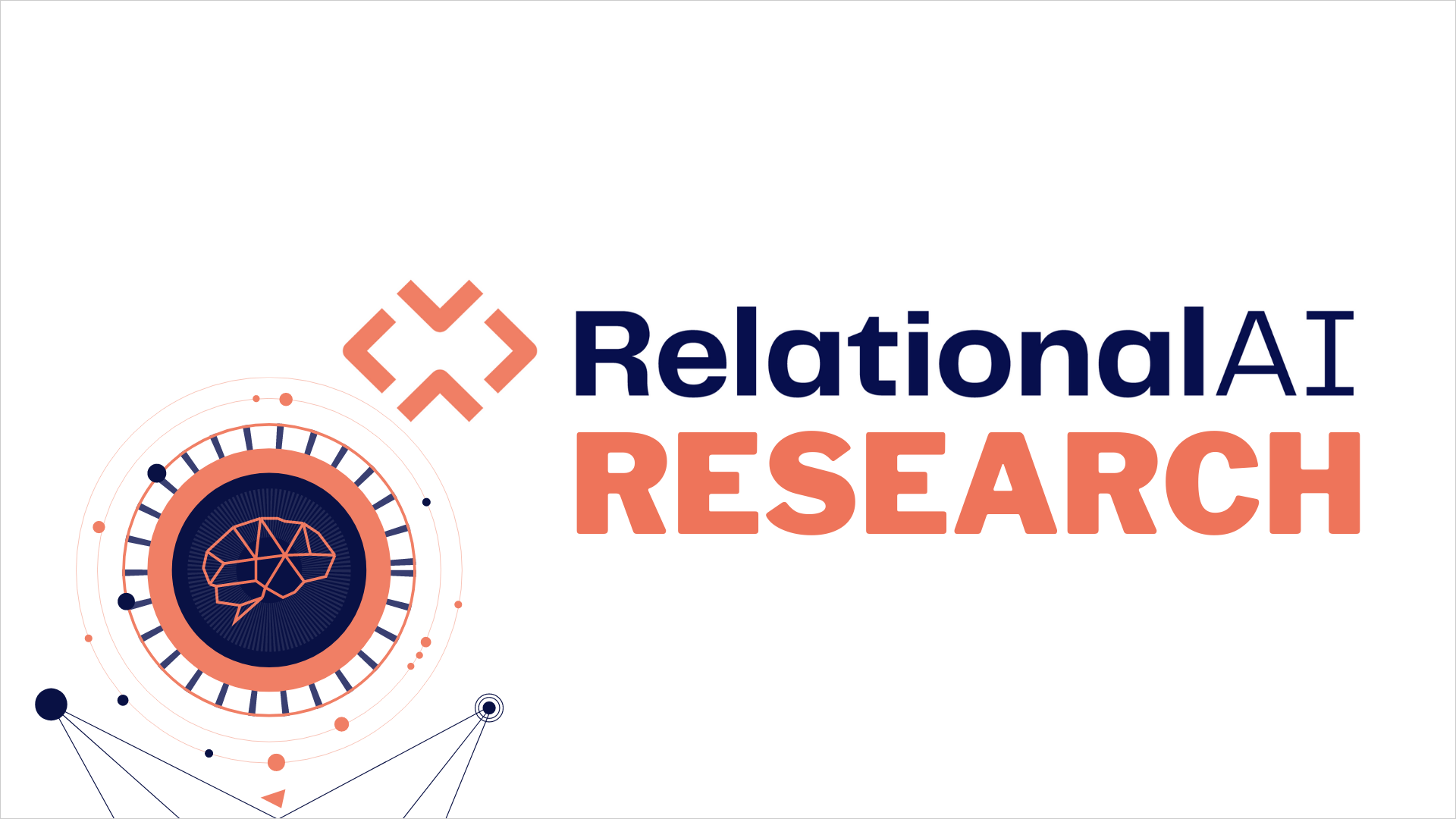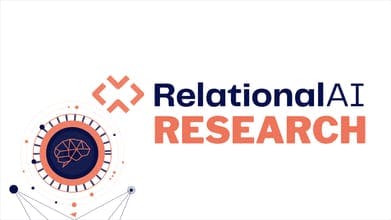Design and Implementation of the LogicBlox System

The LogicBlox system reduced the complexity of software development for modern applications which enhance and automate decision-making and enable their users to evolve their capabilities via a “self-service” model.
Authors: Molham Aref, Balder ten Cate, Todd J. Green, Benny Kimelfeld, Dan Olteanu, Emir Pasalic, Todd L. Veldhuizen, Geoffrey Washburn. 2015.
In Proceedings of the 2015 ACM SIGMOD International Conference on Management of Data (SIGMOD ‘15)
The LogicBlox system aims to reduce the complexity of software development for modern applications which enhance and automate decision-making and enable their users to evolve their capabilities via a “self-service” model. Our perspective in this area is informed by over twenty years of experience building dozens of mission-critical enterprise applications that are in use by hundreds of large enterprises across industries such as retail, telecommunications, banking, and government. We designed and built LogicBlox to be the system we wished we had when developing those applications. In this paper, we discuss the design considerations behind the LogicBlox system and give an overview of its implementation, highlighting innovative aspects. These include: LogiQL, a unified and declarative language based on Datalog; the use of purely functional data structures; novel join processing strategies; advanced incremental maintenance and live programming facilities; a novel concurrency control scheme; and built-in support for prescriptive and predictive analytics.
Read the PDF: Design and Implementation of the LogicBlox System (opens in a new tab)
Related Posts

Join Processing for Graph Patterns: An Old Dog with New Tricks
Join optimization has been dominated by Selinger-style, pairwise optimizers for decades. But, Selinger-style algorithms are asymptotically suboptimal for applications in graphic analytics. This suboptimality is one of the reasons that many have advocated supplementing relational engines with specialized graph processing engines.

Leapfrog Triejoin: A Simple, Worst-Case Optimal Join Algorithm
In 2012, Ngo, Porat, R«e and Rudra (henceforth NPRR) devised a join algorithm with worst-case running time proportional to the AGM bound [8]. Our commercial database system LogicBlox employs a novel join algorithm, leapfrog triejoin, which compared conspicuously well to the NPRR algorithm in preliminary benchmarks.